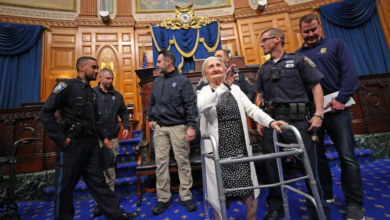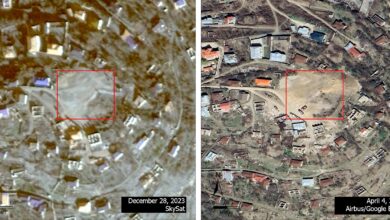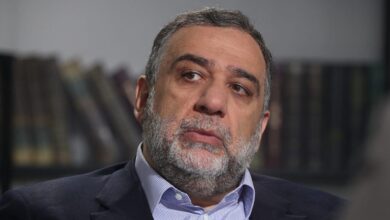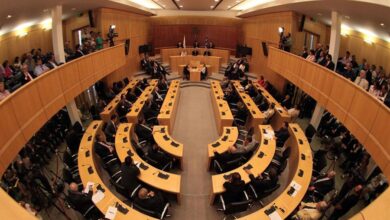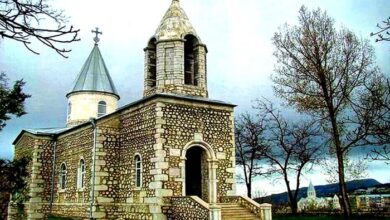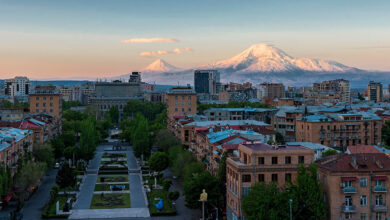OSCE Office in Yerevan supports access to higher education for disabled people

Opportunities, problems and challenges of higher education for people with disabilities was the focus of an OSCE-supported roundtable discussion today in Yerevan.
The event is organized by the OSCE Office in Yerevan, the Bridge of Hope NGO and the National Tempus Office in Armenia (funded by the EU), with the aim of creating a forum to exchange information and ideas to better serve the needs of disabled people.
“The OSCE promotes inclusion as a tenet of democracy across its 57 participating States. Access to education is particularly important especially for people with disabilities,” said Oliver McCoy, Democratization Programme Officer at the OSCE Office in Yerevan. “I am pleased to participate in today’s discussions and feel that this is the type of dialogue that needs to occur for Armenia’s academic institutions to develop further.”
Today’s discussion brings together representatives from various educational institutions of Armenia, as well as NGOs and ministries, to highlight the importance of ensuring access to inclusive education, social integration and the non-discrimination treatment of people with disabilities.
Lana Karlova, Co-ordinator of the National Tempus Office in Armenia, added: “Tempus ASPIRE project promotes and develops educational opportunities for people with special needs. Through professional attitude at educational institutions a level of acceptance of those people will be increased in the society. The rights of people with individual needs should be ensured.”
The event is held to coincide with Armenia’s national day on raising awareness on the right to education of people with disabilities, as part of the project on Access to Society for People with Individual Requirements (ASPIRE). The project has conducted various awareness-raising events in Armenian higher education institutions, co-ordinated by Eurasia International University.
The OSCE Office in Yerevan supports activities aimed at increasing the capacity of youth to contribute to the development of representative and inclusive democracy in Armenia.


